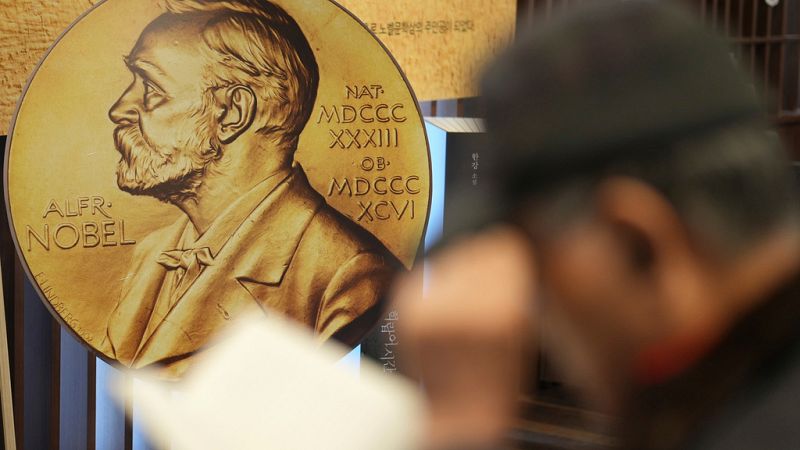US and Japanese scientists win 2025 Nobel Prize in medicine for immune tolerance research

Two US-based scientists and their Japanese peer, Mary E Brunkow, Fred Ramsdell and Shimon Sakaguchi, won the 2025 Nobel Prize in medicine, the Nobel Assembly at Karolinska Institutet announced on Monday.
The three were awarded for "their groundbreaking discoveries concerning peripheral immune tolerance that prevents the immune system from harming the body," the institute said in a statement.
Brunkow, 64, is a senior programme manager at the Institute for Systems Biology in Seattle. Ramsdell, 64, is a scientific adviser for Sonoma Biotherapeutics in San Francisco. Sakaguchi, 74, is a distinguished professor at the Immunology Frontier Research Centre at Osaka University in Japan.
The immune system has many overlapping systems to detect and fight bacteria, viruses, and other pathogens.
Key immune warriors, such as T cells, are trained to recognise and target harmful agents. If some instead go awry in a way that might trigger autoimmune diseases, they are supposed to be eliminated in the thymus — a process called central tolerance.
This year's Nobel winners unravelled an additional way the body keeps the system in check.
Officially known as the Nobel Prize in Physiology or Medicine, the honour has been awarded 115 times to 229 Nobel Prize laureates between 1901 and 2024.
Last year's prize was shared by two US scientists, Victor Ambros and Gary Ruvkun, for their discovery of microRNA, tiny bits of genetic material that serve as on and off switches inside cells that help control what the cells do and when they do it.
Nobel Prize announcements continue with physics on Tuesday, chemistry on Wednesday, and literature on Thursday.
The Nobel Peace Prize will be announced on Friday, and the Nobel Memorial Prize in economics next Monday.
The award ceremony will be held on 10 December, the anniversary of the death of Alfred Nobel, a wealthy Swedish industrialist and the inventor of dynamite who founded the prizes. He died in 1896.
Today

